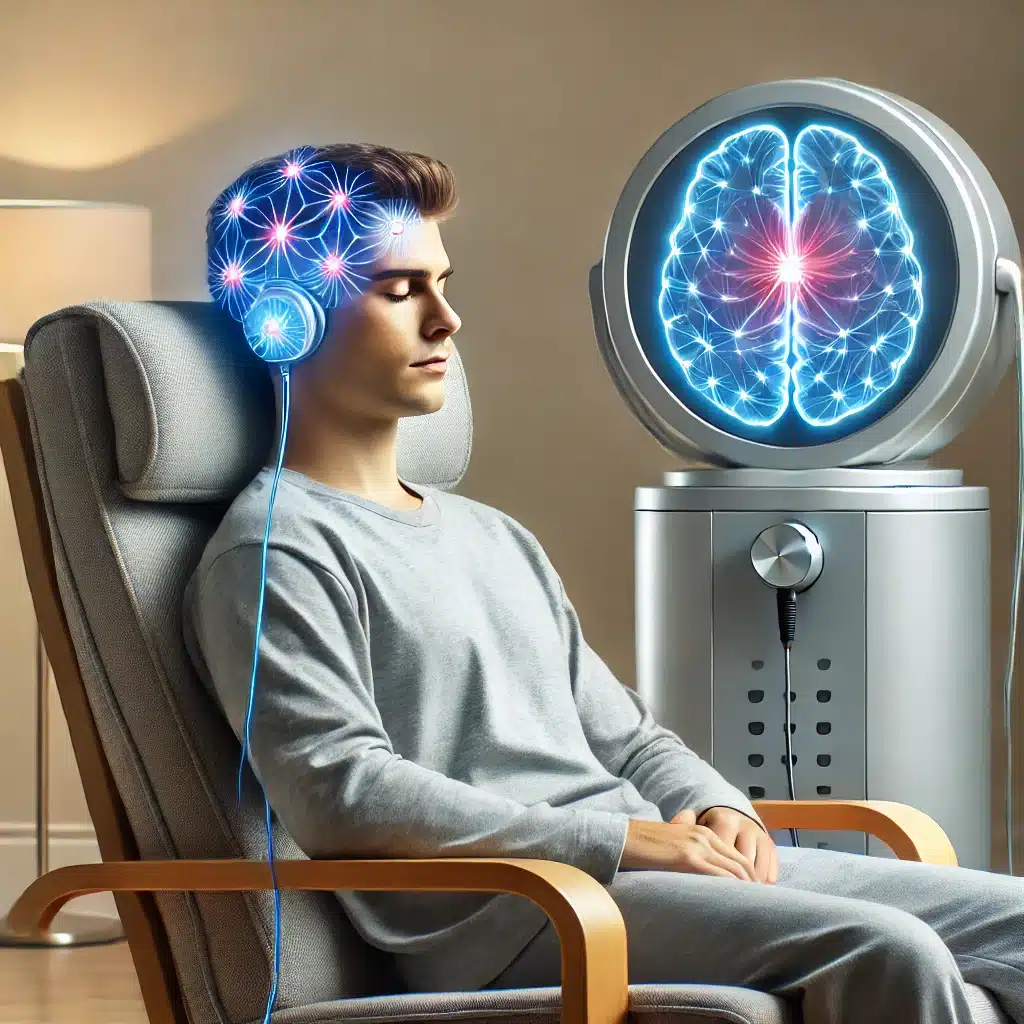Micro & Long Non-Coding RNAs in Blood Samples May Accurately Diagnose Depression & Monitor Treatment Responses (2024 Study)
The study suggests that microRNAs (miRNAs) and long non-coding RNAs (lncRNAs) in blood and brain tissues can serve as significant biomarkers for diagnosing and monitoring major depressive disorder (MDD). Highlights: Diagnostic Potential: miRNAs and lncRNAs show significant variations in depressed patients, indicating their potential as diagnostic biomarkers for MDD. Treatment Monitoring: Changes in miRNA levels …










